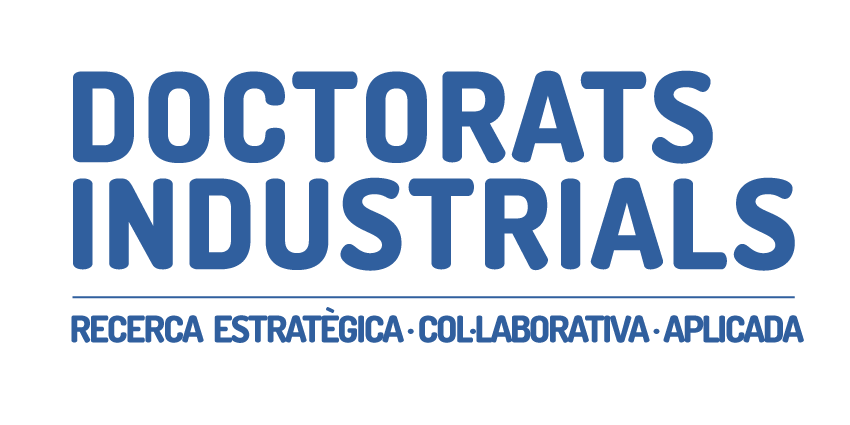Descripció del projecte
Per a la indústria de Química Fina, la substitució dels processos discontinus (batch) tradicionals per noves tecnologies de producció contínua (Flow Chemistry) és alhora una oportunitat – millora de la seguretat, de la qualitat, del respecte al medi ambient – i un repte – canvi de paradigma de producció, manca d’aparellatge insdustrial estàndard, manca de coneixement, … – (Sempere i Nomen, Industria Química, 2017). Així com als laboratoris de síntesi orgànica (Ley et al. Angewandte Chem. Intl.Ed., 2015) i fins i tot als de docència (Emmanuel et al. J.Chem.Education, 2017) els processos continus s’estan convertint en quelcom habitual fer el pont entre l’R+D+i i la producció és tasca dels enginyers químics (Kappe, Chem.Today, 2017). Aquest projecte es centre precisament al desenvolupament de tecnologies industrials per la producció contínua de principis actius farmacèutics (API).
La unió LEBSA-IQS és l’aliança perfecte per establir el pont entre R+D+I i producció reclamat per la indústria. Per una banda, LEBSA disposa d’un potent grup d’R+D+i i té una àmplia experiència en processos d’obtenció d’API per mètodes tradicionals i un gran coneixement del mercat i de les seves tendències. D’altra, GEProS-IQS porta anys treballant en processos continus de la ma de diferents empreses, especialment productors d’API. Un exemple són els reactors multifàsics desenvolupats (Ferrer et al. WCCE10, 2017). IQS ha apostat fort per aquesta línia amb la construcció i equipament d’un nou edifici per allotja el nou “Centre de Transferència en Ptocessos i Tecnologies Integratives” (expedient: 2015 FEDEER S-05) que incorpora un laboratori de Flow Chemistry.
La tesi doctoral que es proposa treballarà amb una selecció de processos proposats en comú per LEBSA i IQS, de forma que permetan estudiar aspectes científics – microfluidica, flux en membranes, simulació, … – i tecnològics – manipulació de sistemes multifàsics, sistemes de separació, …-.
El treball es preveu d’una durada de tres anys, que inclourà un període de formació,tant a LEBSA com a IQS, el desenvolupament de processos i tecnologies i la protecció legal, la difusió i la comunicació del treball realitzat.
For the Fine Chemicals industry, the replacement of traditional batch processes by new technologies of continuous production (Flow Chemistry) is both an opportunity – an improvement in safety, in quality, better environment behaviour – and a challenge – change of production paradigm, lack of standard industrial standard equipment, lack of knowledge, … – (Sempere & Nomen, Chemical Industry, 2017). As well as the organic synthesis laboratories (Ley et al. Angewandte Chem. Intl. Ed., 2015) and even those of teaching (Emmanuel et al. J. Chema, 2017) the continuous processes are becoming something common, creating the bridge between R & D and production is the task of chemical engineers (Kappe, Chem.Today, 2017). This project focuses precisely on the development of industrial technologies for the continuous production of active pharmaceutical ingredients (API).
The LEBSA-IQS union is the perfect alliance to establish the bridge between R & D and production demanded by the industry. On the one hand, LEBSA has a powerful R & D group and has extensive experience in obtaining API using traditional methods and a great knowledge of the market and its tendencies. On the other hand, GEProS-IQS has been working on continuous processes in collaboration of different companies, especially API producers. An example is the multiphase reactors developed (Ferrer et al. WCCE10, 2017). IQS has strongly committed itself to this line with the construction and equipment of a new building to house the new “Transfer Center in Ptocessos and Integrative Technologies” (file: 2015 FEDEER S-05) that incorporates a laboratory of Flow Chemistry.
The proposed doctoral thesis will work with a selection of processes proposed in common by LEBSA and IQS, in order to study scientific – microfluidics, membrane flow, simulation, … – and technological aspects – manipulation of multifase systems, systems of separation, …-.
The work is expected to last for three years, which will include a period of training, both at LEBSA and IQS, the development of processes and technologies and the legal protection, dissemination and communication of the work carried out.


